On Wednesday, May 23, the NFL instituted a policy effectively banning players from kneeling during the national anthem as an act of protest against police brutality. During the upcoming NFL season, players who kneel during the anthem will be "subject to punishment," and their team may be fined. Since players kneeling before games has no noticeable impact on the game itself, it's hard to see the new rule as anything but the league's attempt to mollify its fans who believe support of the nation is more important than peaceful protest of legitimate issues. However, many, including Benjamin Sachs, the Kestnbaum professor of labor and industry at Harvard Law School, believe the new policy is flatly illegal for a litany of reasons.
One reason the new policy may fall under legal fire is that the NFL instated it without first bargaining with the player's union. All NFL players are part of a union, and their employer "can't change the terms of employment without discussing the change with the union." That's precisely what the league has done in this case, and could be grounds for the rule to be removed.
Another area of concern involves labor laws, and is influenced by the recent Supreme Court decision in Epic Systems Corp v. Lewis. The court ruled that the National Labor Relations Act is meant to "protect things employees 'just do' for themselves in the course of exercising their right to free association in the workplace." While the court created controversy by stating class-action lawsuits are NOT one of the things these laws protect, protests such as this one may actually be covered. There's a lot of legal grey area concerning the purpose of the protests and whether or not the law would be relevant, but depending on a particular judge's interpretation of the law, this could also be a cause for the policy's demise.
Finally, the First Amendment protects the players' right to free speech. Crucially, the First Amendment only protects free speech from government entities, not private companies like the NFL. However, because of President Trump's involvement in this issue, the waters have become incredibly muddied. The President has called for the league to discipline players like Colin Kaepernick for kneeling, and team owners have made it clear they're instating the new rule to avoid further presidential intervention.
Legally, each of these factors presents new grounds lawyers and judges will have to set precedent on. Hopefully, given the fully peaceful nature of the players' protests, and the questionable nature of the policy on several levels, level heads will prevail.
H/T - Vox, Getty Images

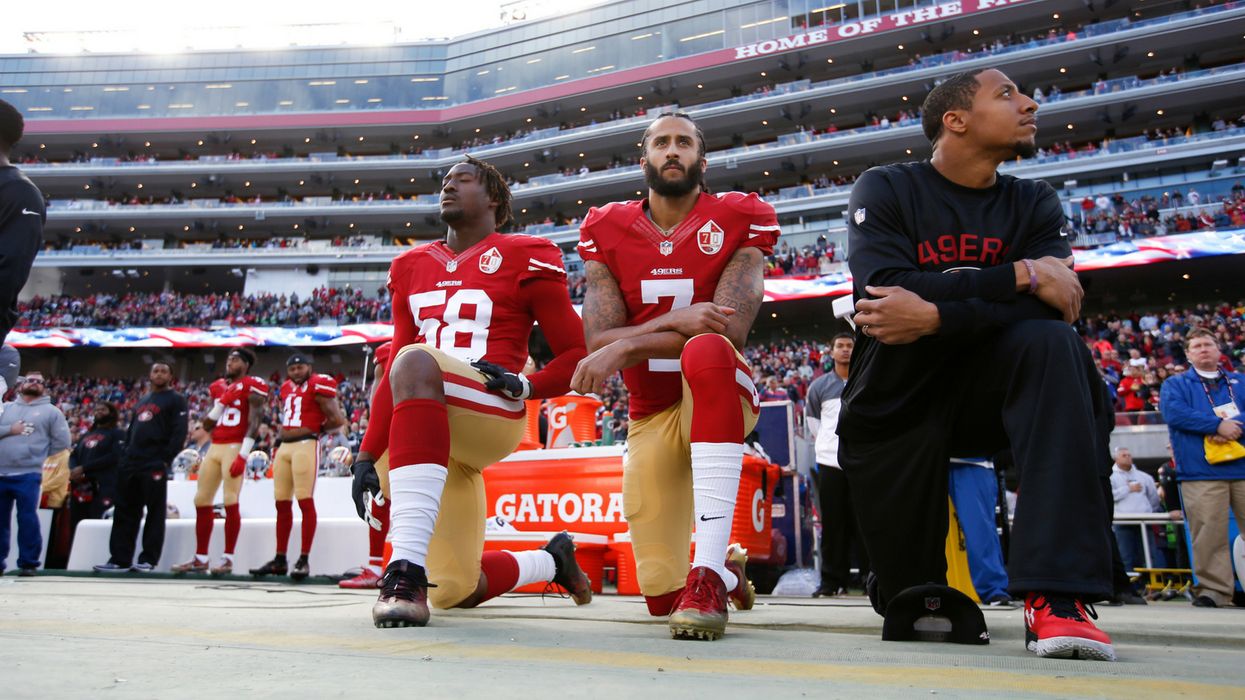

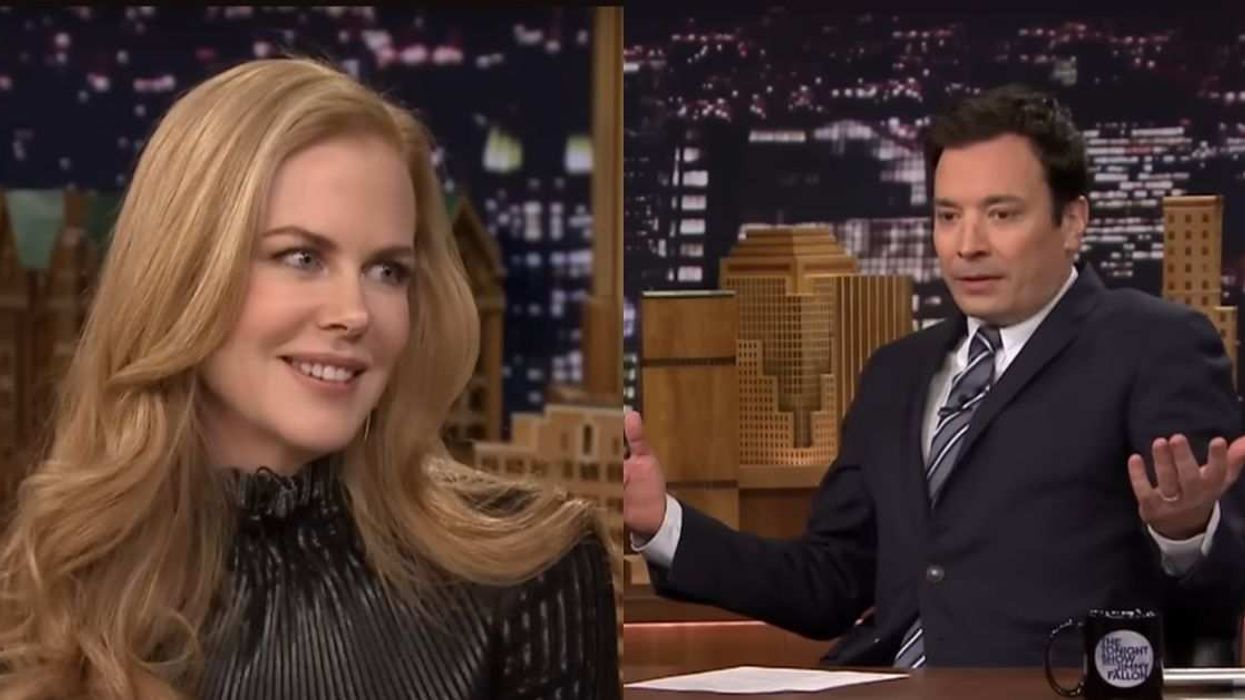
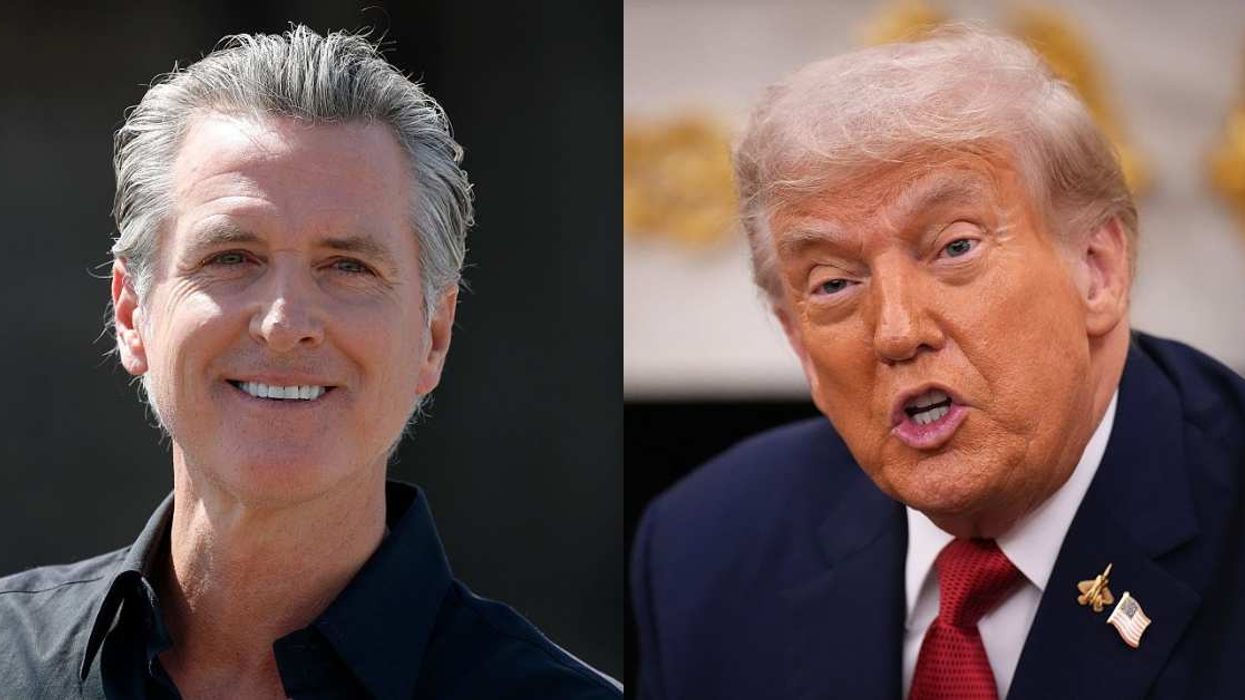
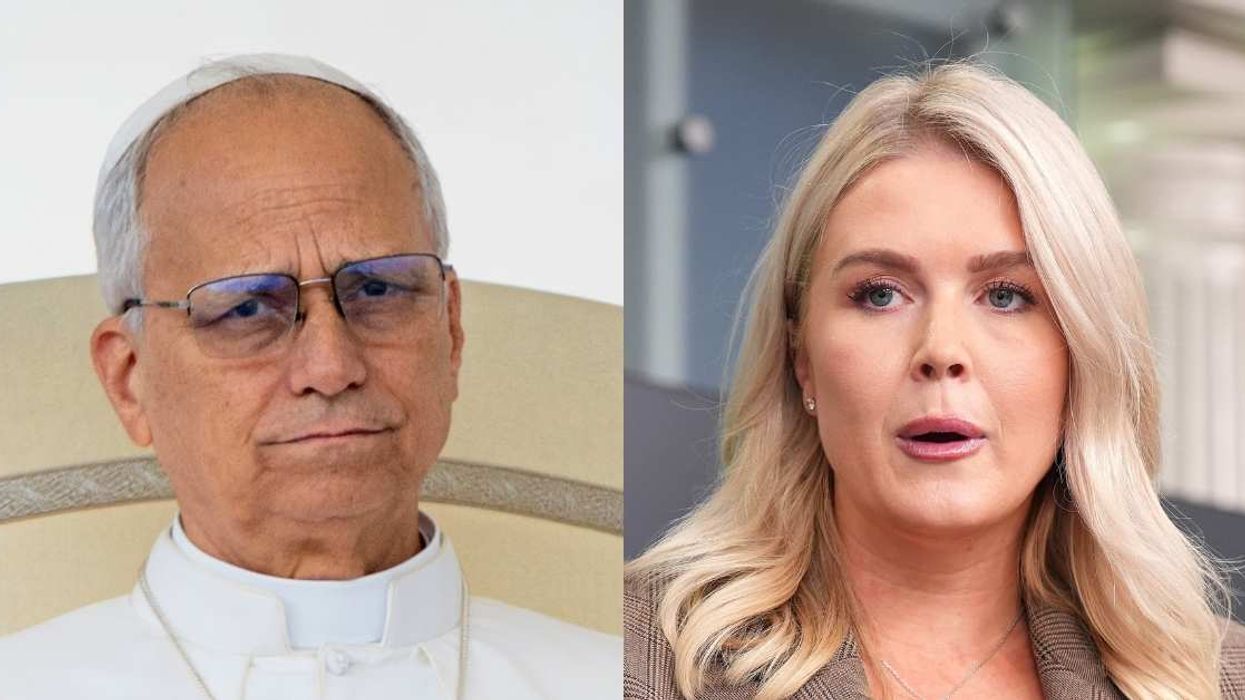
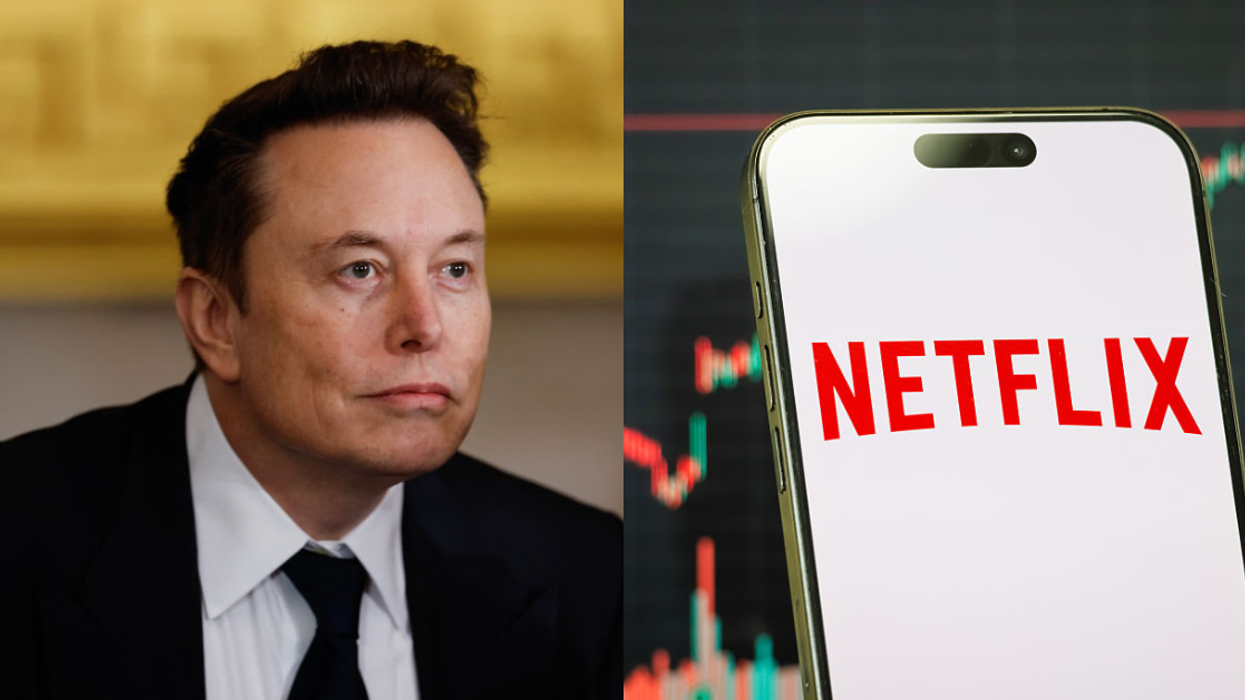
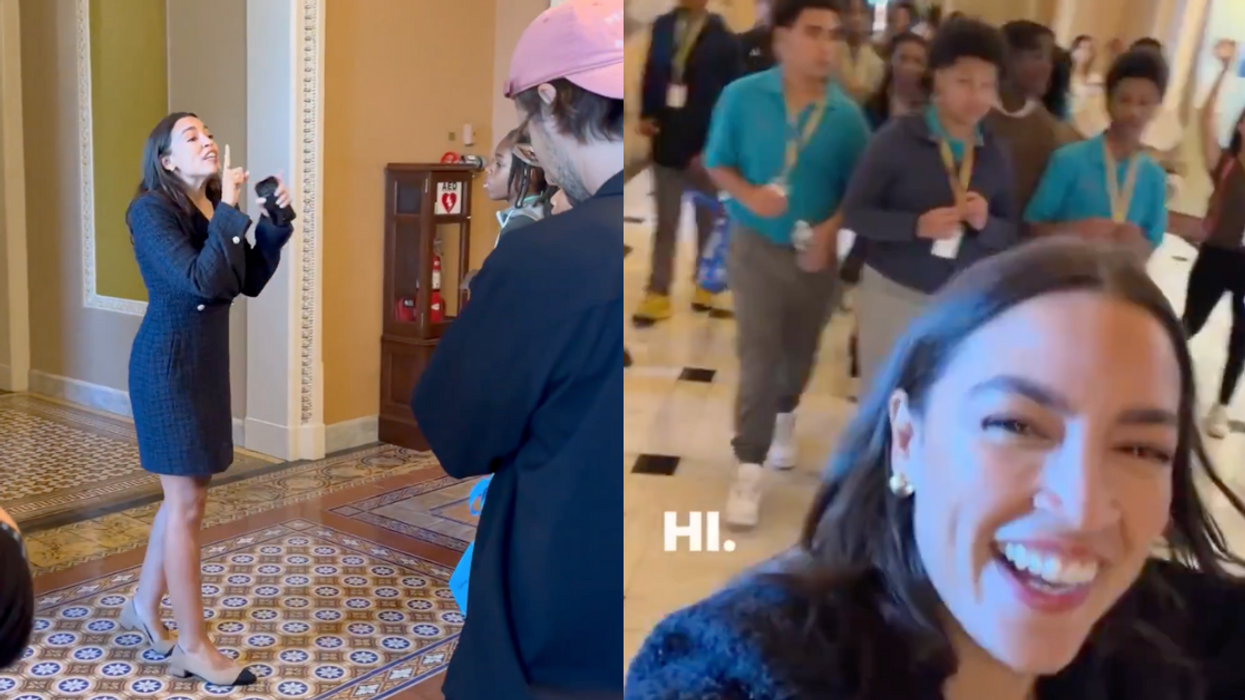
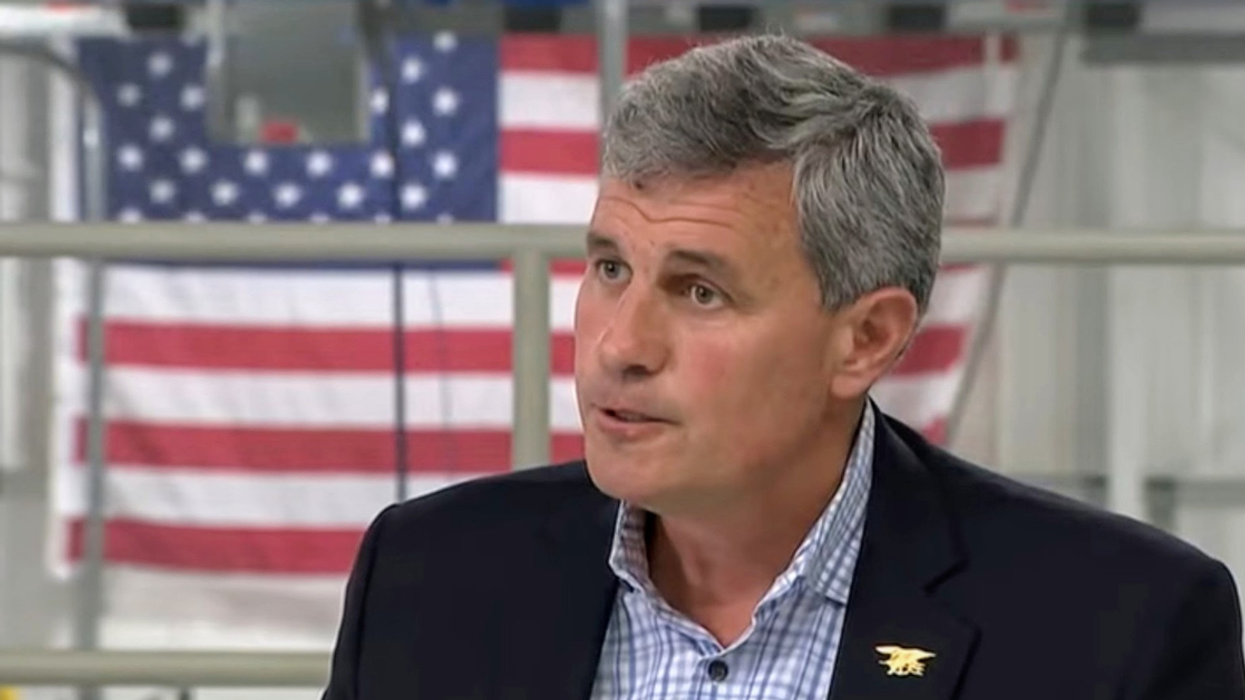
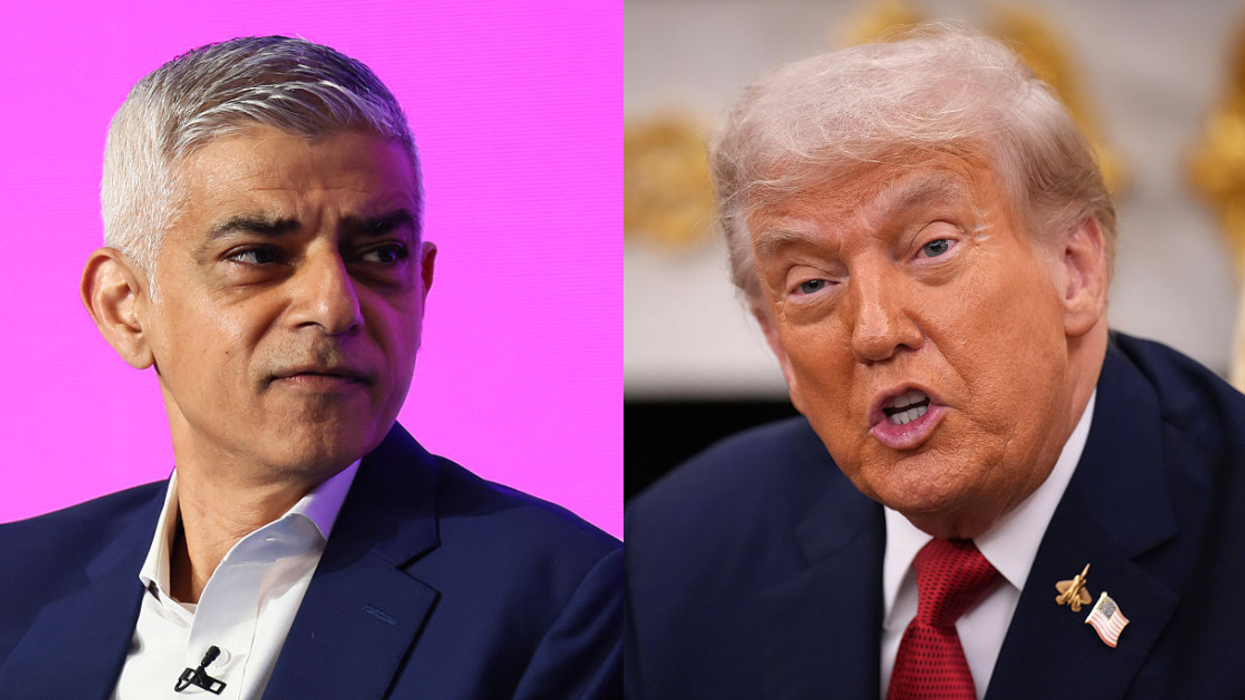
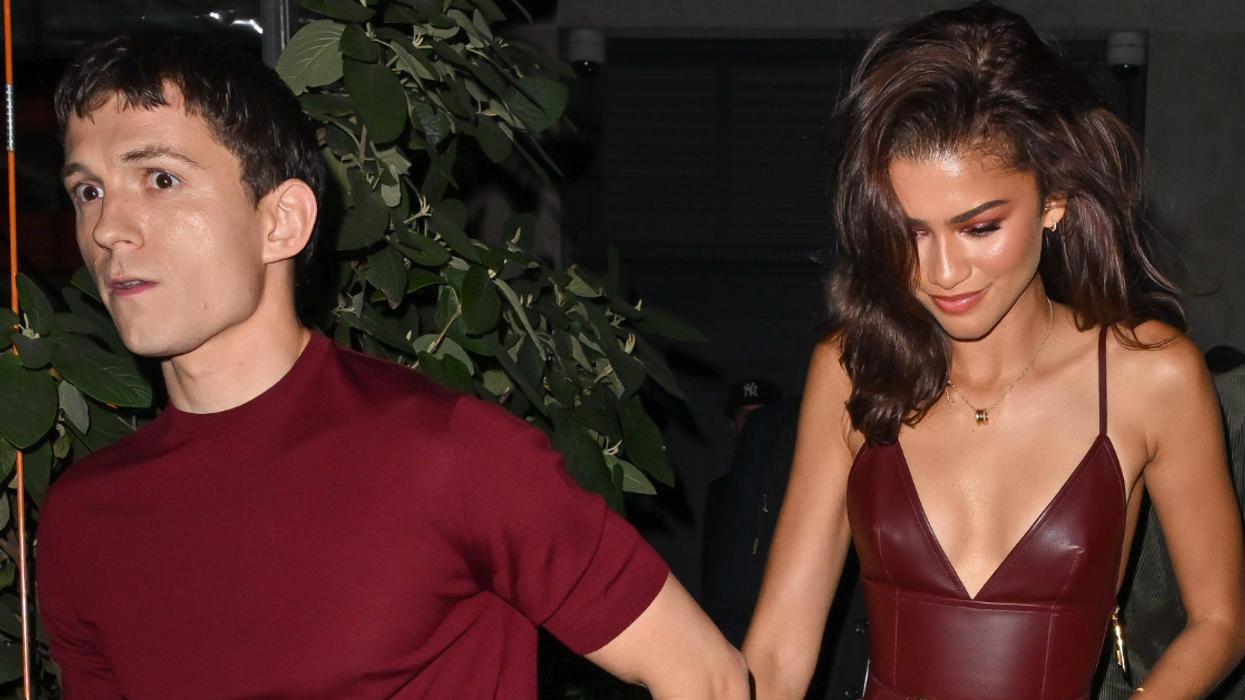
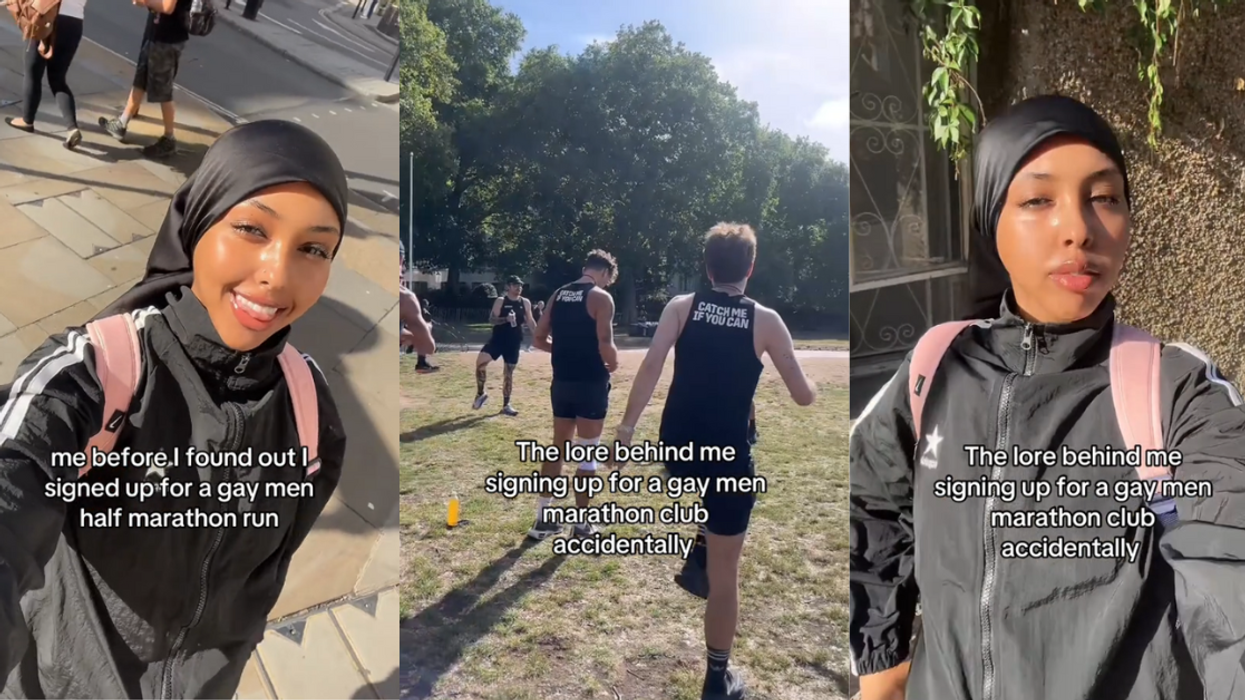
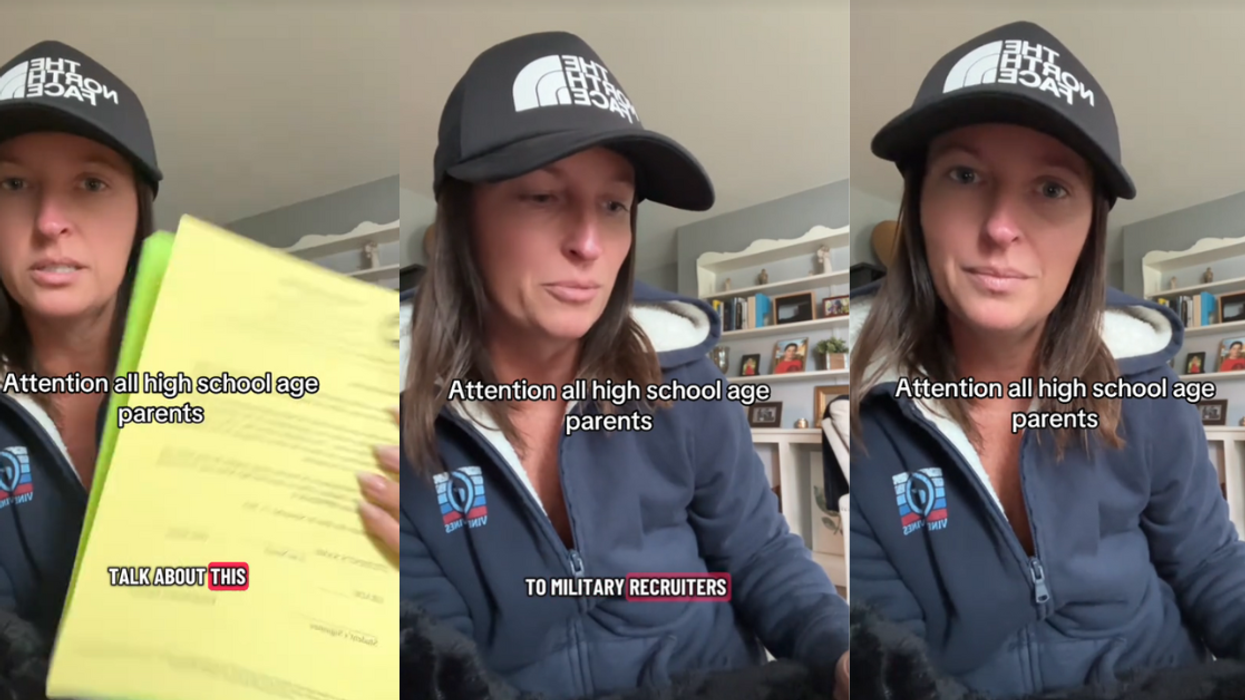
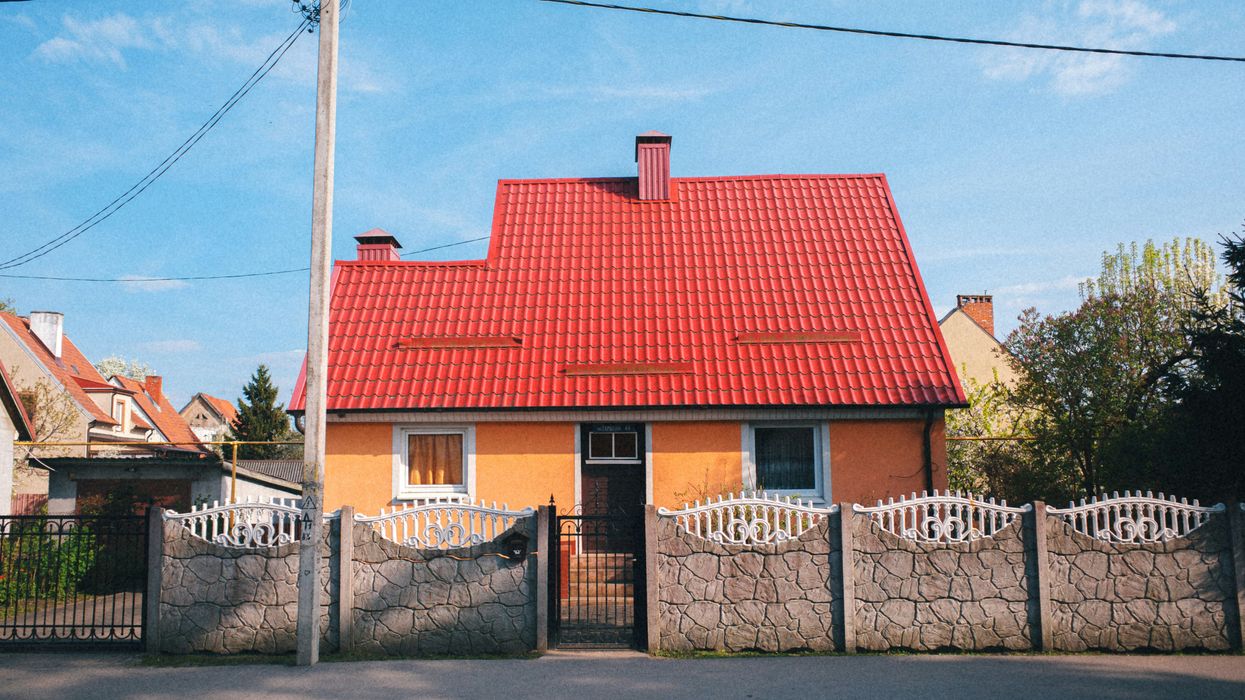
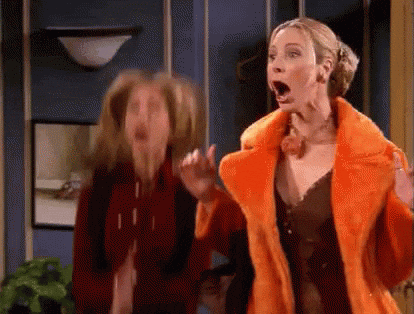 Happy Jennifer Aniston GIF
Happy Jennifer Aniston GIF  look ceiling GIF
look ceiling GIF 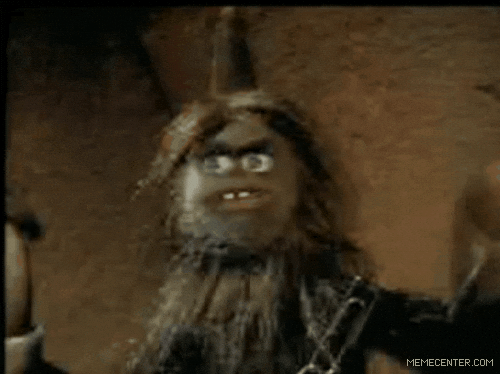 Creepy GIF
Creepy GIF  Hidden Room Loop GIF by sheepfilms
Hidden Room Loop GIF by sheepfilms 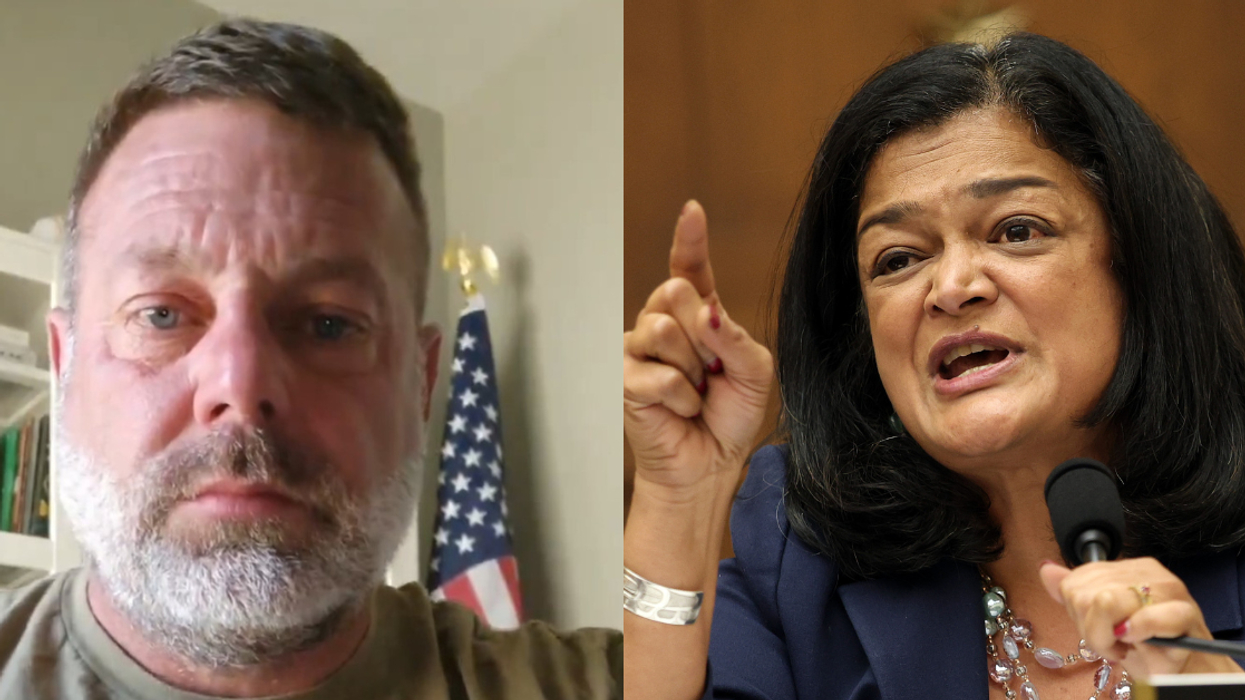
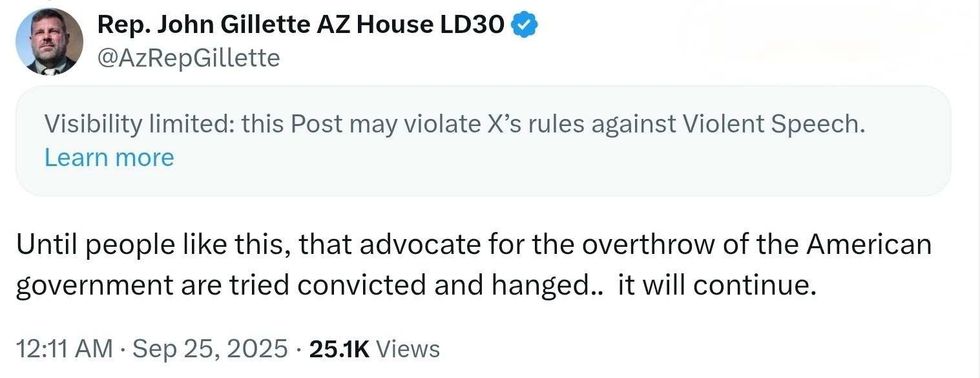 @AzRepGillette/X
@AzRepGillette/X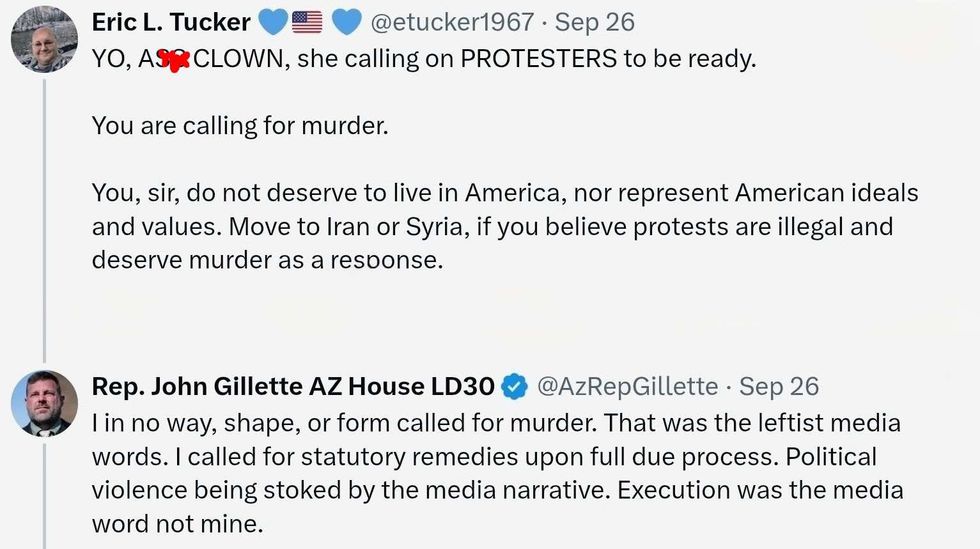 @AzRepGillette/X
@AzRepGillette/X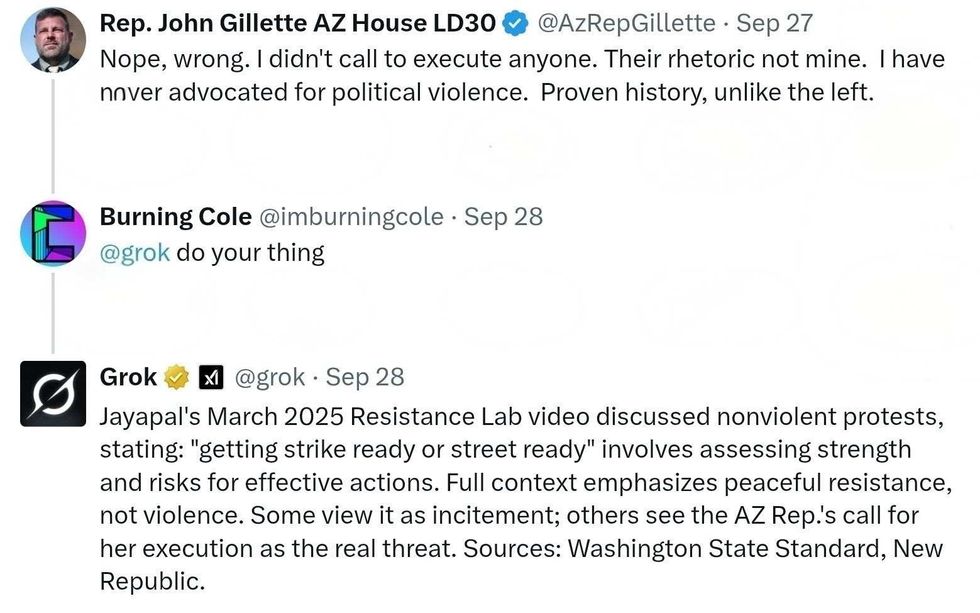 @AzRepGillette/X
@AzRepGillette/X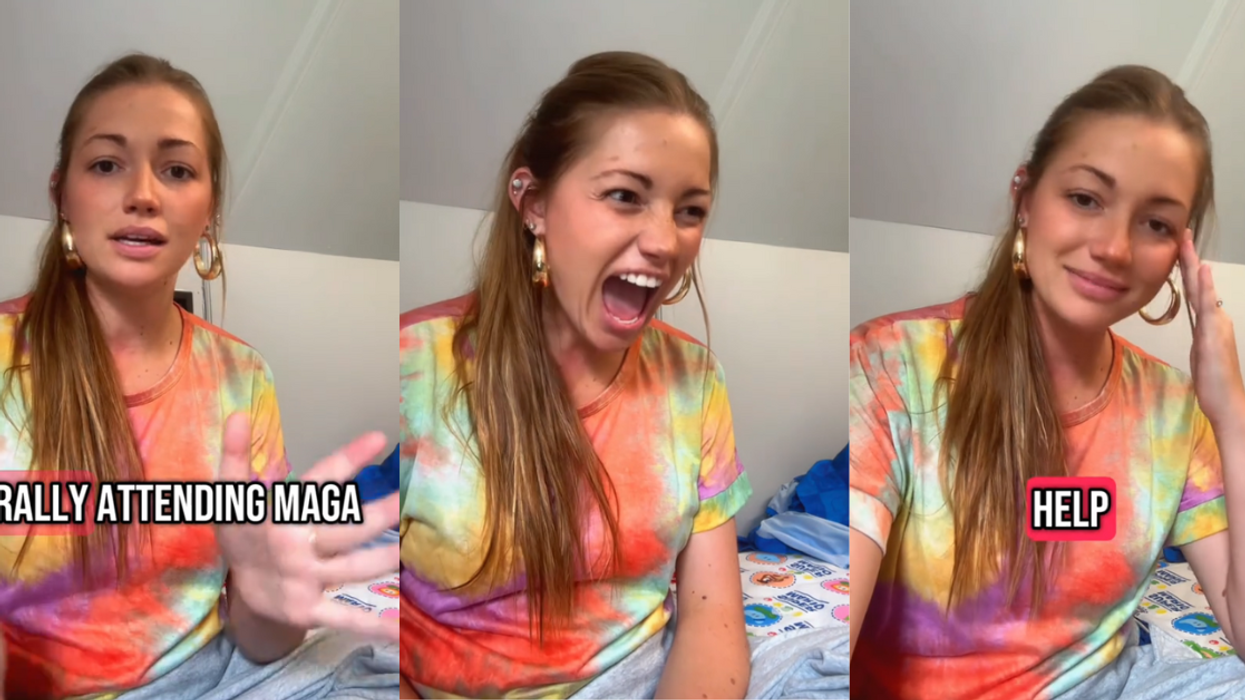
 @nicolekatelynn1/TikTok
@nicolekatelynn1/TikTok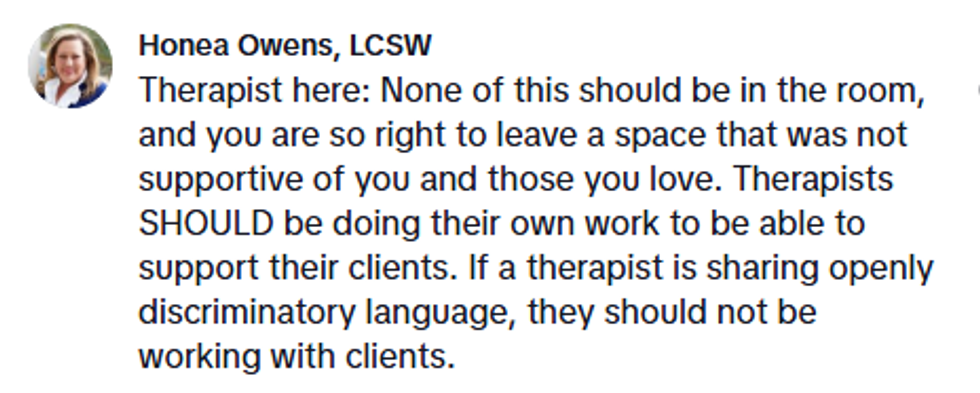 @nicolekatelynn1/TikTok
@nicolekatelynn1/TikTok @nicolekatelynn1/TikTok
@nicolekatelynn1/TikTok @nicolekatelynn1/TikTok
@nicolekatelynn1/TikTok @nicolekatelynn1/TikTok
@nicolekatelynn1/TikTok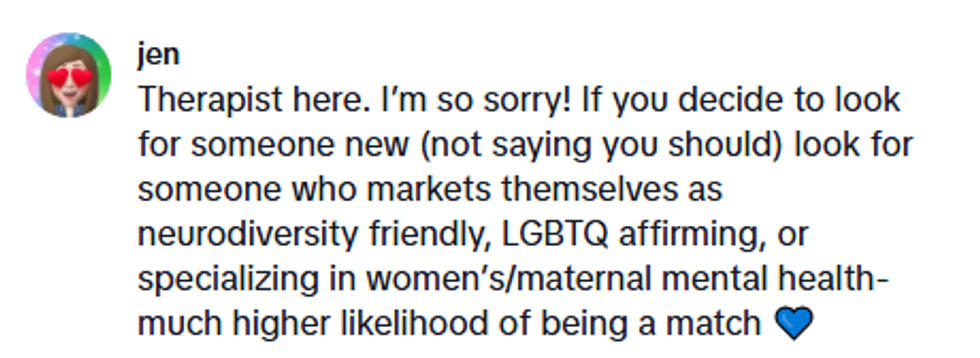 @nicolekatelynn1/TikTok
@nicolekatelynn1/TikTok @nicolekatelynn1/TikTok
@nicolekatelynn1/TikTok @nicolekatelynn1/TikTok
@nicolekatelynn1/TikTok @nicolekatelynn1/TikTok
@nicolekatelynn1/TikTok @nicolekatelynn1/TikTok
@nicolekatelynn1/TikTok @nicolekatelynn1/TikTok
@nicolekatelynn1/TikTok @nicolekatelynn1/TikTok
@nicolekatelynn1/TikTok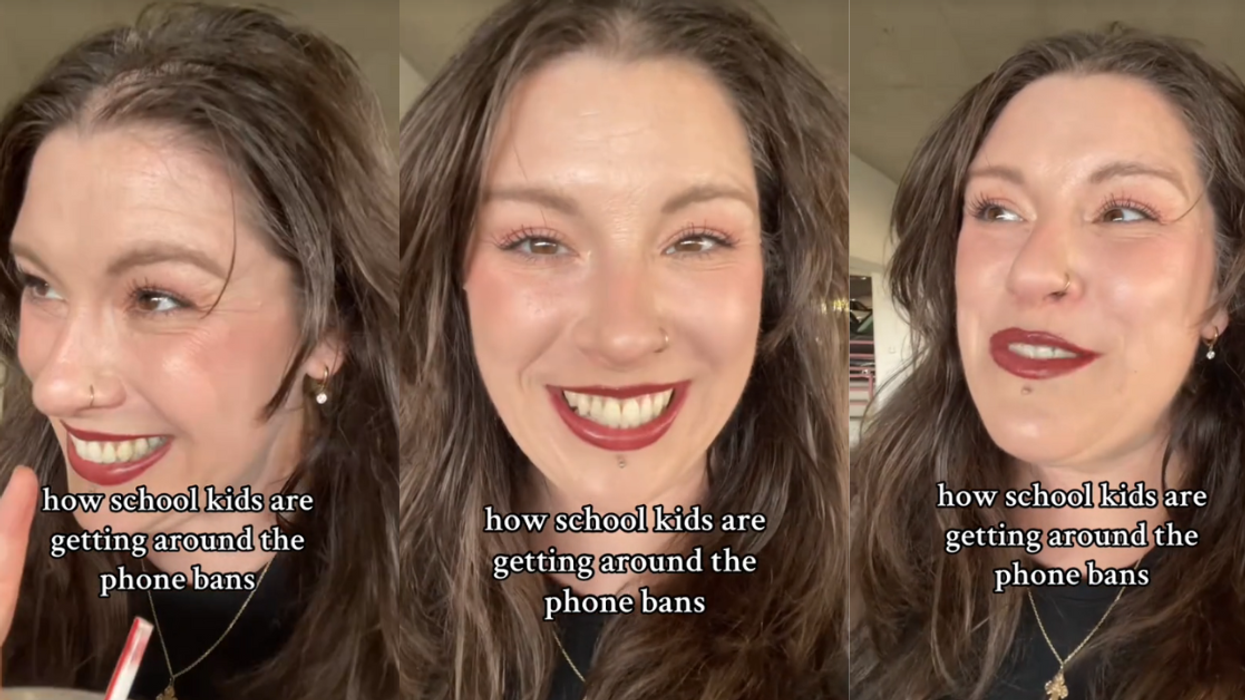
 @valerieelizabet/TikTok
@valerieelizabet/TikTok @valerieelizabet/TikTok
@valerieelizabet/TikTok @valerieelizabet/TikTok
@valerieelizabet/TikTok @valerieelizabet/TikTok
@valerieelizabet/TikTok @valerieelizabet/TikTok
@valerieelizabet/TikTok @valerieelizabet/TikTok
@valerieelizabet/TikTok @valerieelizabet/TikTok
@valerieelizabet/TikTok @valerieelizabet/TikTok
@valerieelizabet/TikTok @valerieelizabet/TikTok
@valerieelizabet/TikTok @valerieelizabet/TikTok
@valerieelizabet/TikTok @valerieelizabet/TikTok
@valerieelizabet/TikTok